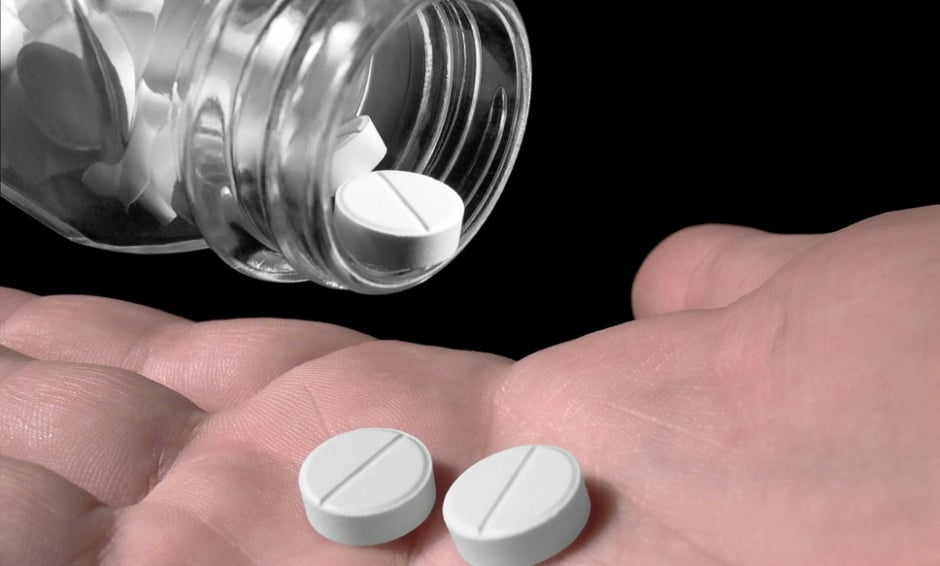SEVERE viral and bacterial co-infection, initiating dangerous cases of pneumonia, has been the target of new drug-based treatments recently investigated by scientists using human lung tissue models. Aiming at correcting the misguided immune response in pneumonia, the new drug may effectively treat this harmful disease, which, according to the World Health Organization (WHO), is among the five most frequent causes of death worldwide. In addition, the mortality rate of pneumonia has not changed for ≥70 years, mainly due to the failure of discovering innovative, effective drugs.
Led by Prof Andreas Hocke and Prof Stefan Hippenstiel, Charité Universitätsmedizin, Berlin, Germany, researchers used human lung tissue to the create a three-dimensional model and simulate the crucial characteristics of pneumonia; previous studies had only studied cell cultures or animal models. The study’s first author, Dr Johanna Berg, Technical University Berlin, Berlin, Germany explained: “We were able to analyse the ways in which viruses and bacteria interact with human alveoli during the first hours following infection, and we were able to show that these differ from those seen in animal models.” Confirming previous assumptions, the results of this model showed that infection with influenza virus inhibited the immune mediator, interleukin-1β, which had a subsequent effect on the bacterial infection caused by co-infection with pneumococci, one of the causative agents of pneumonia. Prevention of immune system activation and suppression of normal cellular repair mechanisms also occurred.
The new drug, which is currently undergoing clinical testing for other inflammatory diseases, was used to test its ability in fighting pneumonia. Prof Hocke described the success of the new therapy: “The substance inhibits tyrosine kinase-2, a protein responsible for mediating the lung’s immune response to viral pathogens. By doing so, it restores the immune system’s ability to fight the bacterial infection.” The researchers plan to carry out further studies using human lung tissue models and in the future hope to test the findings of this novel substance in a new clinical trial for pneumonia. Given that pneumonia often affects the most vulnerable people, including children and the elderly, this is a promising finding for the treatment of this deadly inflammatory condition.
(Image: freeimages.com)








